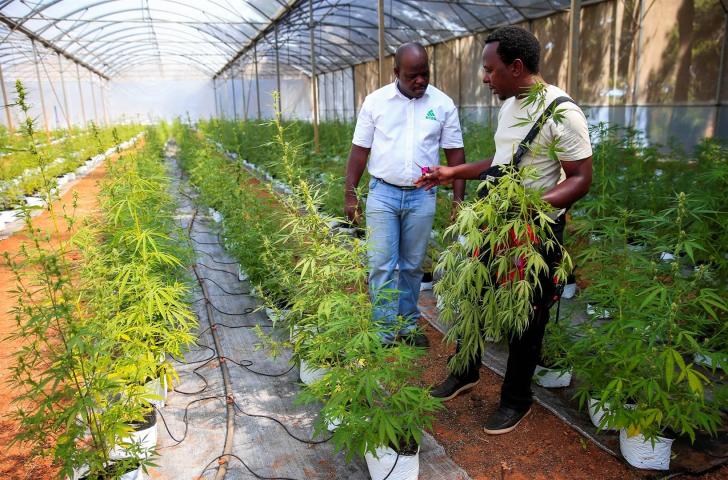News / National
'Lack of policies limiting hemp farming commercialisation in Zimbabwe'
23 Aug 2024 at 05:51hrs |
0 Views

Zimbabwe is facing challenges in formulating policies for the commercialization of hemp farming due to insufficient information about the plant. Hemp, a versatile member of the cannabis sativa species, is cultivated for industrial uses and does not have the psychoactive properties associated with marijuana.
During a recent panel discussion, Zorodzai Maroveke, CEO of the Zimbabwe Industrial Hemp Trust, highlighted the knowledge gap as a significant barrier to the hemp industry’s development. Despite supportive legal and regulatory frameworks from the Ministry of Agriculture and the Ministry of Health, the lack of comprehensive information on industrial hemp remains a major hurdle.
Jonathan Mukuruba from the Agriculture Marketing Authority pointed out several challenges faced by local hemp farmers, including production issues, limited seed availability, difficulty accessing finance, market entry barriers, and the need for better agricultural practices and certification. He emphasized the importance of research and capacity building in overcoming these obstacles.
The Hemp Carbon Standard, a UK-based platform, offers a potential solution by providing carbon credits for hemp farming. Jon Bannister of the Hemp Carbon Standard explained that industrial hemp’s rapid growth allows it to sequester carbon efficiently, creating new income streams for Zimbabwean farmers through the sale of carbon credits on international markets.
Bannister also noted that advanced technologies such as remote sensing, data analytics, and blockchain are used to ensure accurate measurement and verification of carbon sequestration. This approach positions industrial hemp as a climate-smart crop with significant environmental benefits.
During a recent panel discussion, Zorodzai Maroveke, CEO of the Zimbabwe Industrial Hemp Trust, highlighted the knowledge gap as a significant barrier to the hemp industry’s development. Despite supportive legal and regulatory frameworks from the Ministry of Agriculture and the Ministry of Health, the lack of comprehensive information on industrial hemp remains a major hurdle.
The Hemp Carbon Standard, a UK-based platform, offers a potential solution by providing carbon credits for hemp farming. Jon Bannister of the Hemp Carbon Standard explained that industrial hemp’s rapid growth allows it to sequester carbon efficiently, creating new income streams for Zimbabwean farmers through the sale of carbon credits on international markets.
Bannister also noted that advanced technologies such as remote sensing, data analytics, and blockchain are used to ensure accurate measurement and verification of carbon sequestration. This approach positions industrial hemp as a climate-smart crop with significant environmental benefits.
Source - newsday
Join the discussion
Loading comments…





































